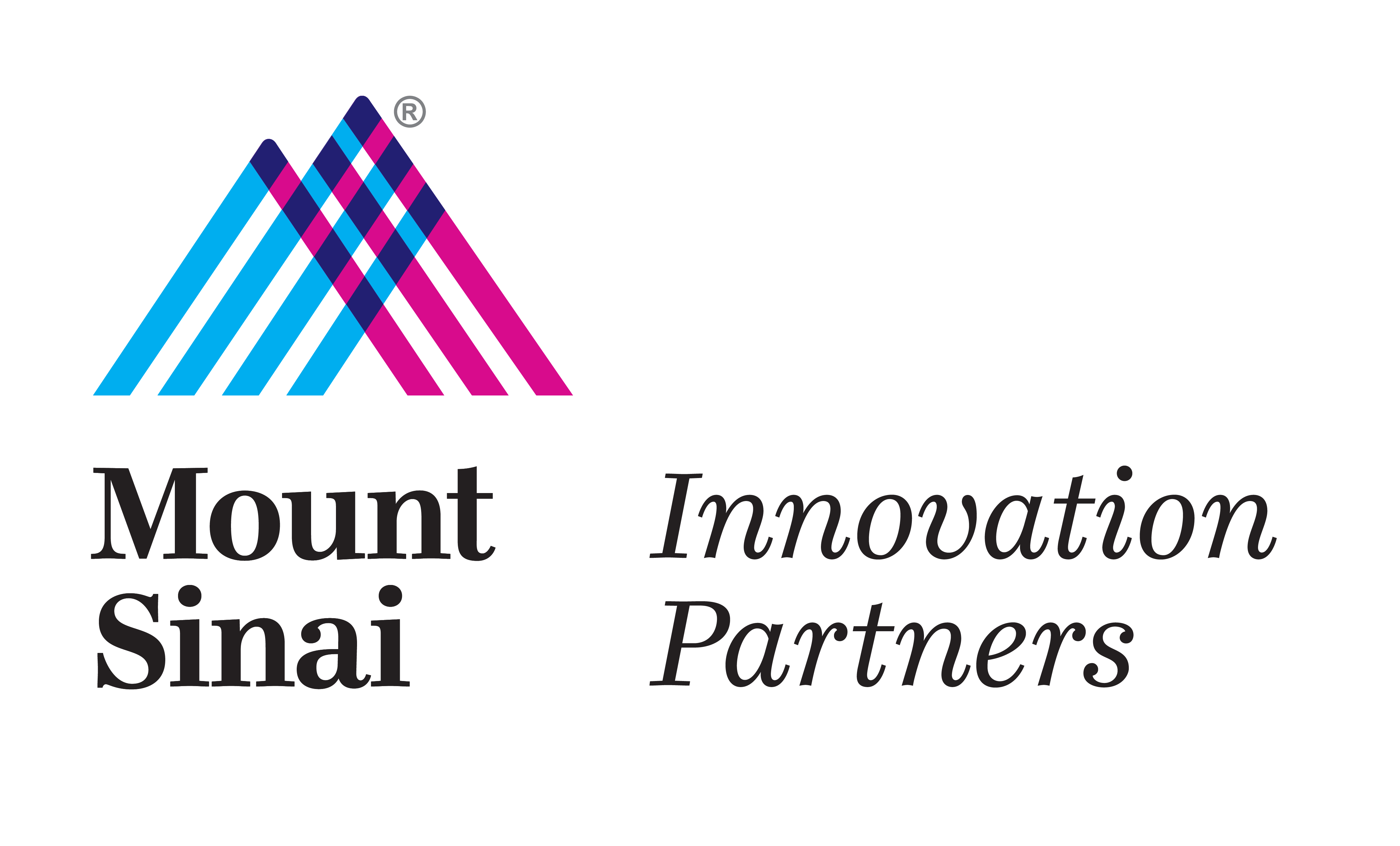LOW DOSE PROTEASOME INHIBITOR SENSITIZES PI3K RESISTANT CANCERS TO TREATMENT WITH PI3K PATHWAY INHIBITORS
May 29, 2014Resistance to PI3 kinase pathway inhibitors can occur through changes in cancer signaling pathways. “Priming” with subtherapeutic doses bortezomib leads to activation of and reliance on the PI3 kinase pathway, making cancers susceptible to PI3 kinase pathway inhibitors.
Dr. Ross Cagan and members of his laboratory at Mount Sinai’s Center for Personalized Cancer Therapeutics, using a unique high-throughput screening method in drosophila, demonstrated the use of low dose bortezomib permitted effective treatment with multiple dual PI3K/mTOR inhibitors in flies with mutations in the ras, p53, pten, and apc pathways. These findings were subsequently confirmed in murine models, and additional studies demonstrated more broad applicability to PI3 kinase resistant tumors, regardless of resistance driver.
Current Development Status
- This combination is approved be used in a single patient clinical study
- Ongoing studies with additional inhibitors (pan-PI3K inhibitors, Tor kinase inhibitors etc.)
- Novel fly models can quickly replicate personal human mutations and model individual treatment – available for collaborative and confirmatory studies on drug regimens prior to clinical trials
Applications
- PI3 kinase inhibitor resistant tumors
- Specifically colorectal tumors, 75% of which contain co-activation of the Ras and PI3 kinase pathways
Advantages
- Velcade patents (IV) expiring 2017
- Combination therapy possibility
Publications
- Not yet published
Patent Status
- International Application PCT/US2014/029445 filed March 14, 2014
- Status: Published. International Publication No. WO 2014/144858
Contact
Jeanne Farrell, PhD
Business Development Director
Mount Sinai Innovation Partners | Icahn School of Medicine at Mount Sinai
Phone: 646.605.7314

